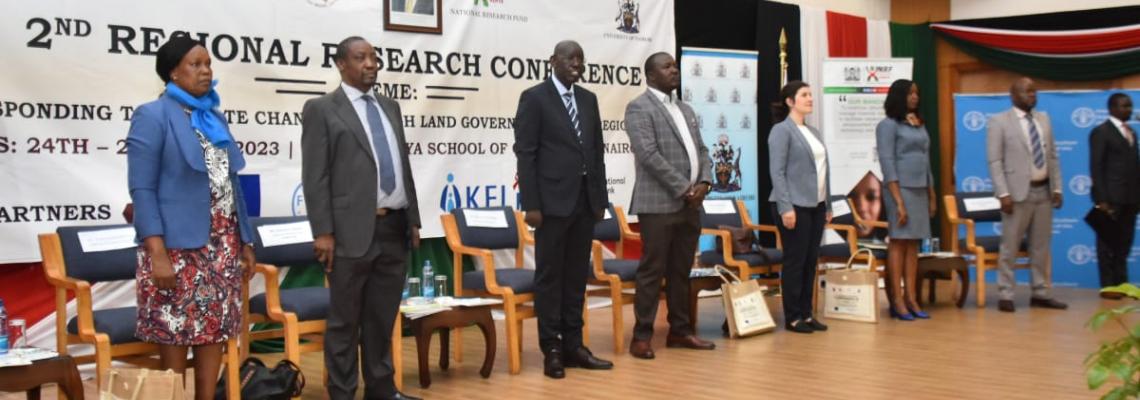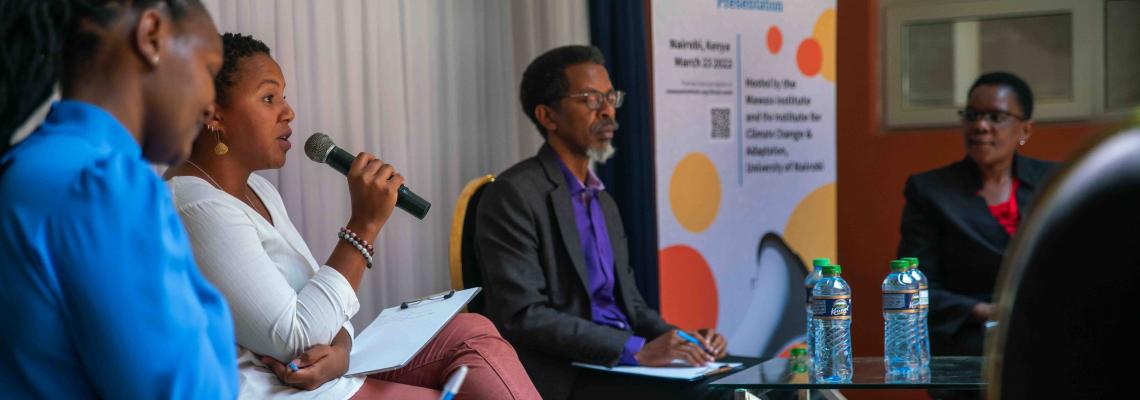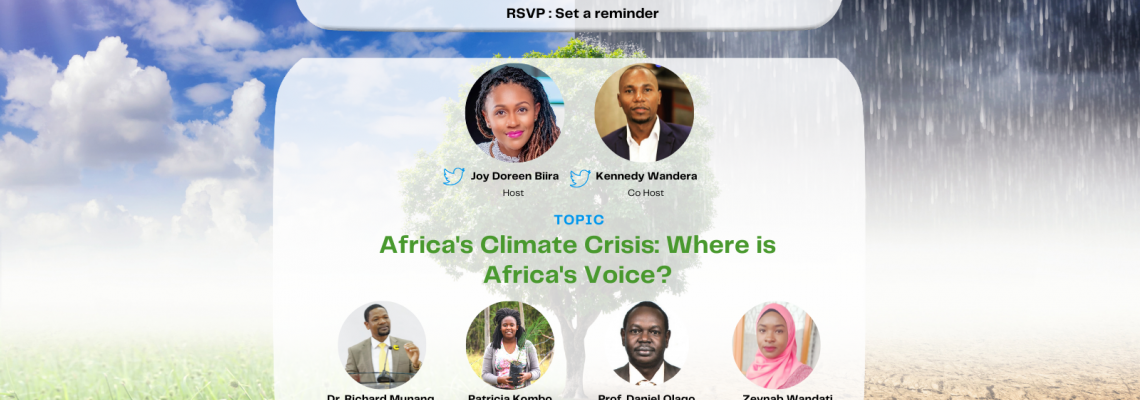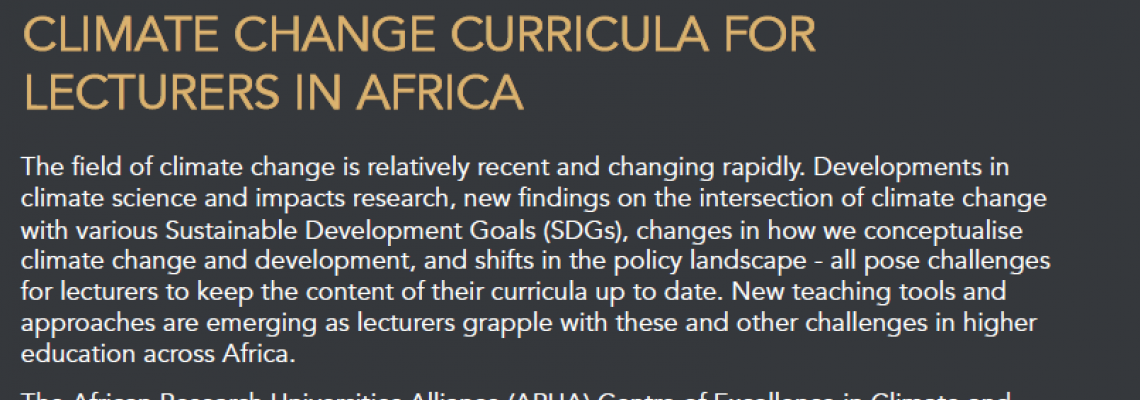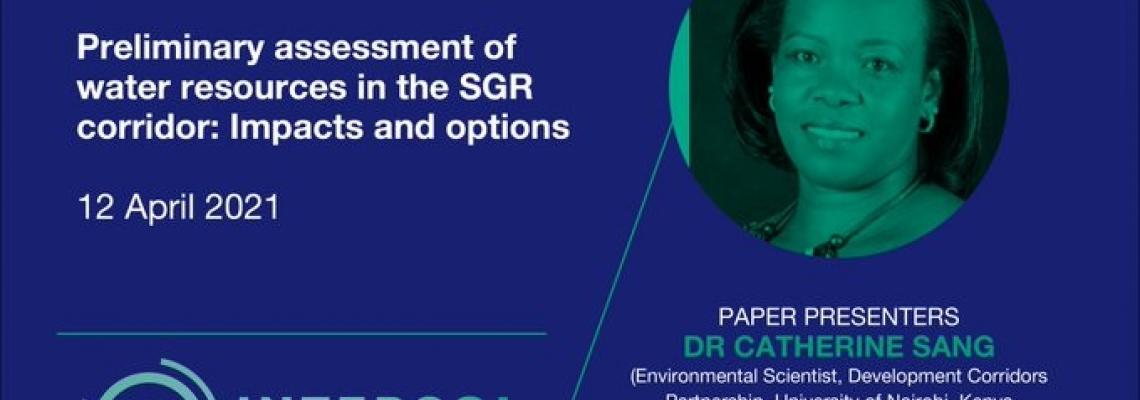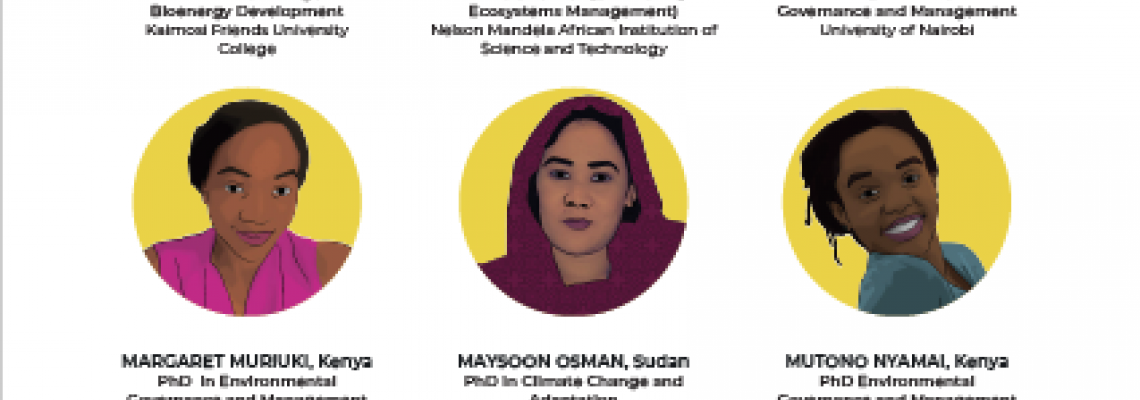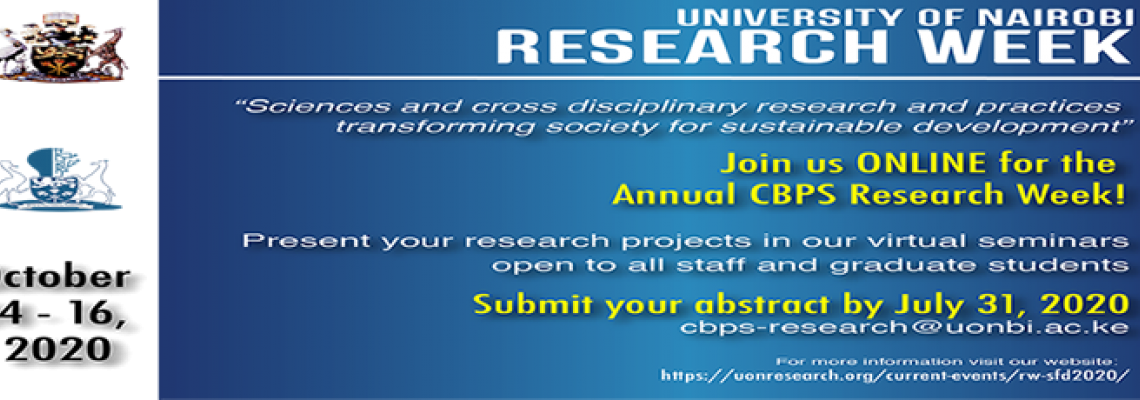As the African Research Universities Alliance was launched on the 18th of November 2019, The Director of the Institute Prof Shem Wandiga presented the following paper
Africa and the Fourth Industrial Revolution: Climate Change Challenges Demand Shift in Education Models
The adoption of the 2015 Paris Agreement on Climate Change, and the 2018 IPCC special report on Global Warming of 1.5oC, has raised the awareness of African policy makers to implement initiatives that encourage national commitments to reduce their contribution to global greenhouse gas emissions (GHGs) and the decarbonisation of their industrial processes. The global dependence on hydrocarbon energy sources requires the development of alternate sources of energy irrespective of the industry planned for the future.
At the same time, the industrial structure of the future must reduce poverty and inequality.
Studies of the G250 largest publicly traded emitters of the GHDs in the World show that transformation to green processes are possible provided there is commitment to quality and vision that translates to transformation, transparency and decarbonisation. The G250 companies in Africa lead in transparency. The successful companies have attraction to investors as they yield high total shareholder returns and are attractive to employees that want to work for companies that are port of the problem solvers, mindful of the environment and social wellbeing that those that are not doing anything. African countries need development pathways that are employment-intensive, low-carbon and climate resilient.
Universities play critical roles in developing capacities of the future generation of dreamers, leaders of industry and workers that propel industrial development. The achievement of the fourth industrial revolution requires a fresh look at the models used to produce the desired leaders described above. The desired education programmes will depend less on disciplinary approach but much more on stimulating trans disciplinary approaches that accepts that knowledge comes from all sources. The solution of climate change challenges require a mixture of disciplines, including indigenous knowledge to enhance resilience to climate change challenges as well as find adaptation pathways to such challenges. Grants for climate change challenges have become more demanding of research co-operations and partnerships. Similarly, ranking of publications now demand not single authorship or research from one country only but a comparative review of regions or spaces from different countries and regions. African climate researchers may also be part of smaller teams that tend to disrupt science and technology with new ideas and opportunities. New learning is needed is organizing such co-operations and partnership.

